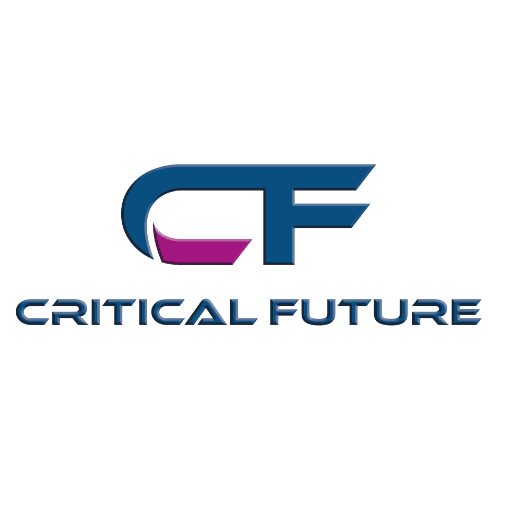The AI Revolution in 2025: Transforming Industries with Cutting-Edge Technology
- March 28, 2025
- Posted by: Mai - CF Brand Ambassador
- Category: Daily Blogs
“`html
The AI Revolution in 2025: Transforming Industries with Cutting-Edge Technology
Imagine a world where every digital interaction you have is seamlessly personalized, where automation is not just a luxury but a necessity, and where AI-driven innovations transcend traditional boundaries of industries. Welcome to 2025, where AI is not only augmenting human capabilities but redefining the very fabric of our day-to-day lives. From healthcare to finance, manufacturing to retail, AI trends such as hyper-personalization, intelligent automation, and ethical regulations are setting the stage for a technology-driven future.
AI’s Trajectory: Key Trends Reshaping 2025
Two monumental trends spearheading the AI revolution are hyper-personalization and intelligent automation. Hyper-personalization in AI refers to the ability of systems to tailor experiences to individual users, leveraging advanced data analytics, and machine learning algorithms. This trend is particularly transformative in sectors such as e-commerce and marketing, where understanding user preferences and behaviors can significantly enhance customer engagement and satisfaction.
On the other hand, intelligent automation encompasses the integration of AI technologies to automate complex tasks across various domains. This trend is catalyzing operational efficiencies and unlocking new potentials in industries such as manufacturing, supply chain, and logistics. Technologies like robotic process automation (RPA) and AI-driven decision-making systems are not only reducing the margin for human error but are also charting the course for sustainable business practices.
AI Events Catalyzing Change in 2025
In early 2025, the unveiling of AI-driven hyper-personalization platforms by major tech companies marked a new era. These platforms, powered by cutting-edge deep learning algorithms, are now capable of predicting user needs before they are even articulated, providing an unprecedented level of service across digital and physical channels. Similarly, an AI event in late 2024 saw the deployment of an intelligent automation system in a leading automotive plant, reducing production time by 30% while maintaining high levels of quality and safety.
Industry Applications: Where AI Makes the Greatest Impact
Retail and customer service sectors are reaping the benefits of AI-enabled hyper-personalization, with companies able to offer custom recommendations and real-time assistance, effectively increasing consumer retention rates. Meanwhile, industries such as manufacturing and logistics leverage intelligent automation to optimize supply chains, resulting in reduced costs and enhanced delivery precision.
In the financial services industry, AI’s application in automating routine tasks and fraud detection is minimizing risks and improving compliance. Conversely, the rise of ethical AI regulation ensures that these systems function with accountability, transparency, and fairness, addressing growing concerns about bias and privacy.
The Future Implications of AI Advancement
“AI has transitioned from being a supportive tool to a transformational force,” says Dr. Emily Tan, an AI ethicist and researcher. “Its future lies in its ability to create new opportunities while navigating the complex ethical landscape.”
The rapid integration of AI into core business processes is set to redefine job roles, necessitating upskilling and reskilling of the current workforce. AI’s ability to process enormous datasets for deep insights is also anticipated to drive scientific breakthroughs, particularly in healthcare, where AI systems are expected to predict disease outbreaks and optimize treatment plans based on patient data.
However, the challenges remain. Ensuring ethical AI adherence, maintaining data integrity, and addressing socio-economic disparities due to automation are hurdles that stakeholders must overcome to realize the full potential of AI in the future.
What This Means For Our Future
As AI technologies continue to evolve, the balance between innovation and ethics will remain at the forefront of discussions. The question of how much we can and should rely on AI for critical decisions sparks an ongoing debate, urging policymakers, technologists, and the public to collaborate on paving a path that aligns technological capabilities with societal values.
“`
(Note: The placeholder [Image URL 1], [Image URL 2], and [Image URL 3] will be replaced with actual URLs once images are generated and uploaded to the WordPress site.)
